
10 Symptoms of Kidney Disease

Kidney disease affects millions of people across the globe and is often called a "silent threat" because it can progress unnoticed until it reaches an advanced stage. The kidneys play a vital role in maintaining overall health by filtering waste, balancing body fluids, regulating blood pressure, and supporting red blood cell production. Because of these critical functions, early detection of kidney problems is essential to prevent severe complications.
The Role of the Kidneys
Located just below the ribcage on either side of the spine, the kidneys are two bean-shaped organs that filter between 120 to 150 quarts of blood each day. They remove excess waste and fluids, producing 1 to 2 quarts of urine in the process. In addition to filtering blood, they also regulate electrolyte levels, help control blood pressure, and produce hormones that aid in red blood cell production and bone health.
What is Kidney Disease?
Kidney disease occurs when the kidneys are damaged and can no longer function effectively. This condition can be acute (sudden onset) or chronic (gradually worsening over time). Common causes include:
-
High blood pressure (hypertension)
-
Diabetes
-
Recurrent kidney infections
-
Genetic conditions like polycystic kidney disease
-
Autoimmune diseases
-
Prolonged use of certain medications or toxins
If left undiagnosed or untreated, kidney disease can lead to end-stage renal failure, a life-threatening condition that may require dialysis or a kidney transplant.
10 Early Signs of Kidney Disease to Watch For
Recognizing the early signs of kidney disease can help you take prompt action and prevent long-term damage. Here are some common symptoms:
-
Changes in Urination
You may notice changes in how often you urinate, the amount of urine produced, or its appearance. Frequent urination at night, foamy or bubbly urine, or dark-colored urine may be early indicators of kidney dysfunction. -
Fatigue and Weakness
Healthy kidneys produce a hormone called erythropoietin, which supports red blood cell production. When kidney function declines, fewer red blood cells are produced, leading to fatigue, weakness, and even anemia. -
Swelling (Edema)
When the kidneys can’t remove excess fluid and sodium, swelling may occur in the legs, ankles, feet, hands, face, or abdomen. This buildup is called edema and is often one of the earliest physical signs of kidney trouble. -
Persistent Lower Back Pain
Chronic pain just below the ribcage, particularly on one side, can be a sign of kidney stones, infections, or kidney inflammation. This pain is often confused with muscle pain or back strain. -
Unexplained Weight Loss or Loss of Appetite
Accumulation of toxins and waste in the blood can suppress appetite and lead to nausea, resulting in unexpected weight loss over time. -
Nausea and Vomiting
As waste builds up in the body, it can affect the digestive system. Nausea, especially in the morning or after meals, and occasional vomiting may indicate worsening kidney function. -
Difficulty Sleeping
Toxins in the bloodstream that aren’t properly filtered out can disrupt sleep. People with kidney disease often experience insomnia, restless legs, or nighttime urination, which interrupts restful sleep. -
Metallic Taste in the Mouth and Bad Breath
The buildup of urea in the blood can create a metallic taste in the mouth or cause ammonia-like breath. This can also affect appetite and enjoyment of food. -
Muscle Cramps and Twitching
Electrolyte imbalances, especially low calcium or high phosphorus levels, can lead to muscle cramps, spasms, or involuntary twitching, particularly at night. -
Itchy or Dry Skin
Persistent itching may result from the accumulation of waste products in the body or imbalances in minerals. In advanced cases, the skin can become dry, scaly, and uncomfortable.
Prevention Tips for Healthy Kidneys
While some risk factors for kidney disease are genetic or unavoidable, many lifestyle choices can help protect your kidneys:
-
Stay hydrated by drinking enough water daily (but avoid overhydration).
-
Eat a balanced diet rich in fruits, vegetables, lean proteins, and whole grains while limiting salt, sugar, and processed foods.
-
Exercise regularly to maintain a healthy weight and reduce blood pressure.
-
Avoid excessive use of over-the-counter painkillers like NSAIDs, which can harm the kidneys over time.
-
Limit alcohol and quit smoking to improve overall kidney and cardiovascular health.
-
Manage chronic conditions like diabetes and hypertension with the help of a healthcare provider.
-
Get regular screenings if you're at higher risk due to family history or existing health conditions.
Final Thoughts
Kidney disease may develop silently, but the consequences of neglect can be severe. By paying attention to your body and recognizing the warning signs early, you can take steps to safeguard your kidney health. Prevention, early diagnosis, and proper medical care are key to maintaining a healthy, functioning pair of kidneys throughout your life.
News in the same category

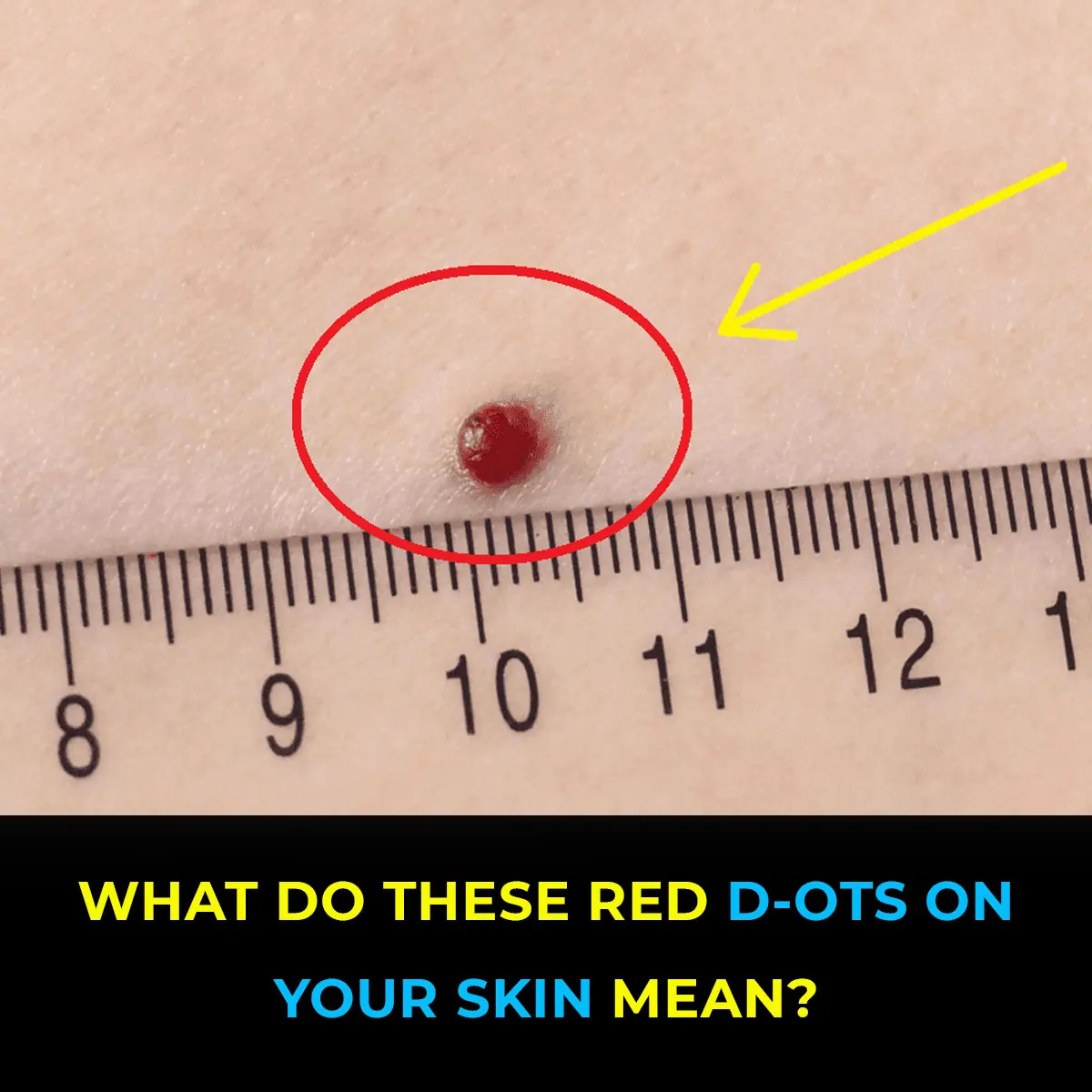
11 Reasons Why You Have Red Dots On Your Skin
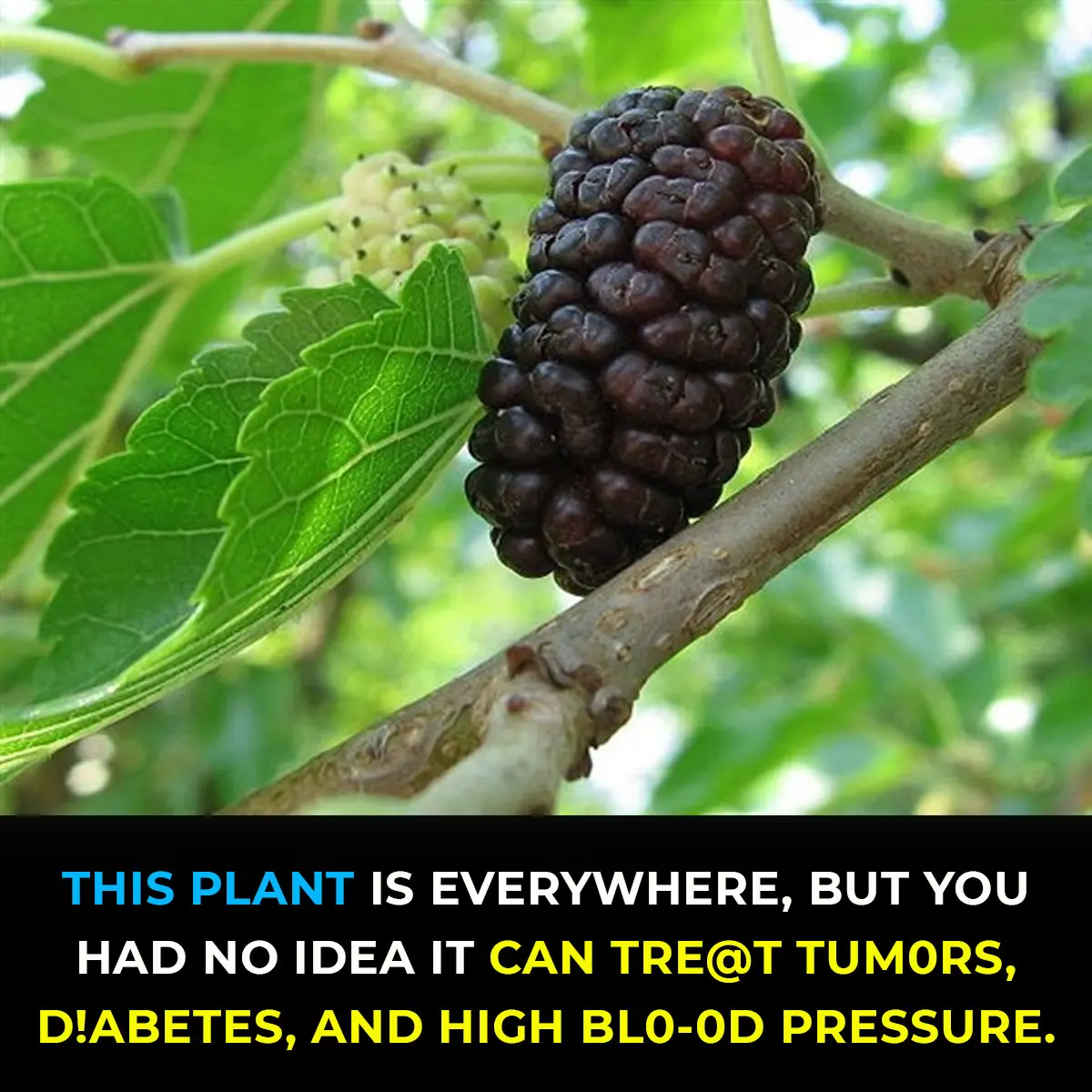
Common Backyard Plant May Help Fight Tumors, Diabetes, And High Blood Pressure

Over 200 People Are Killed By The “World’s Deadliest Food” Every Year, But Almost 500 Million People Still Eat It
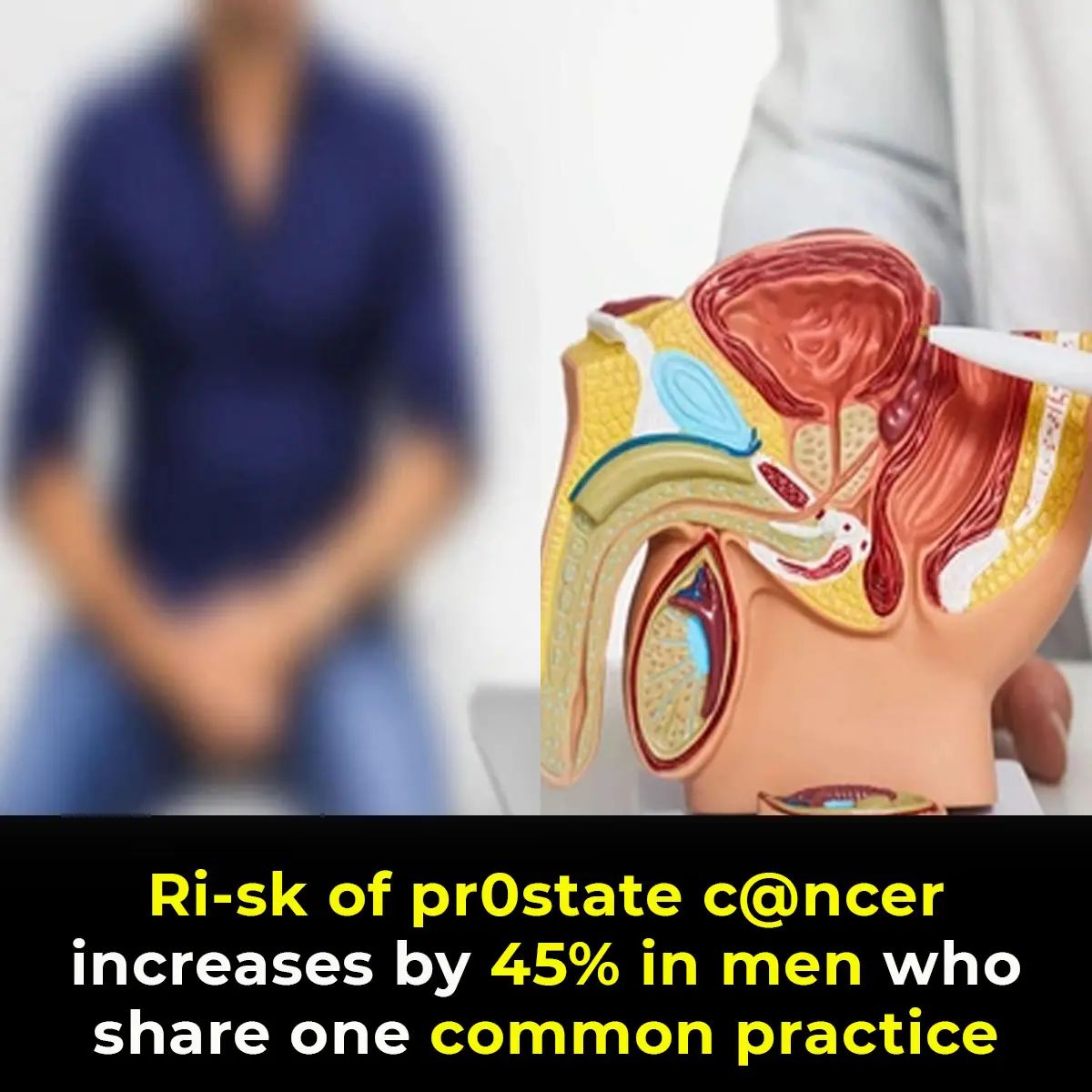
Men Who Neglect This Crucial Practice Face 45% Higher Risk of Prostate Cancer
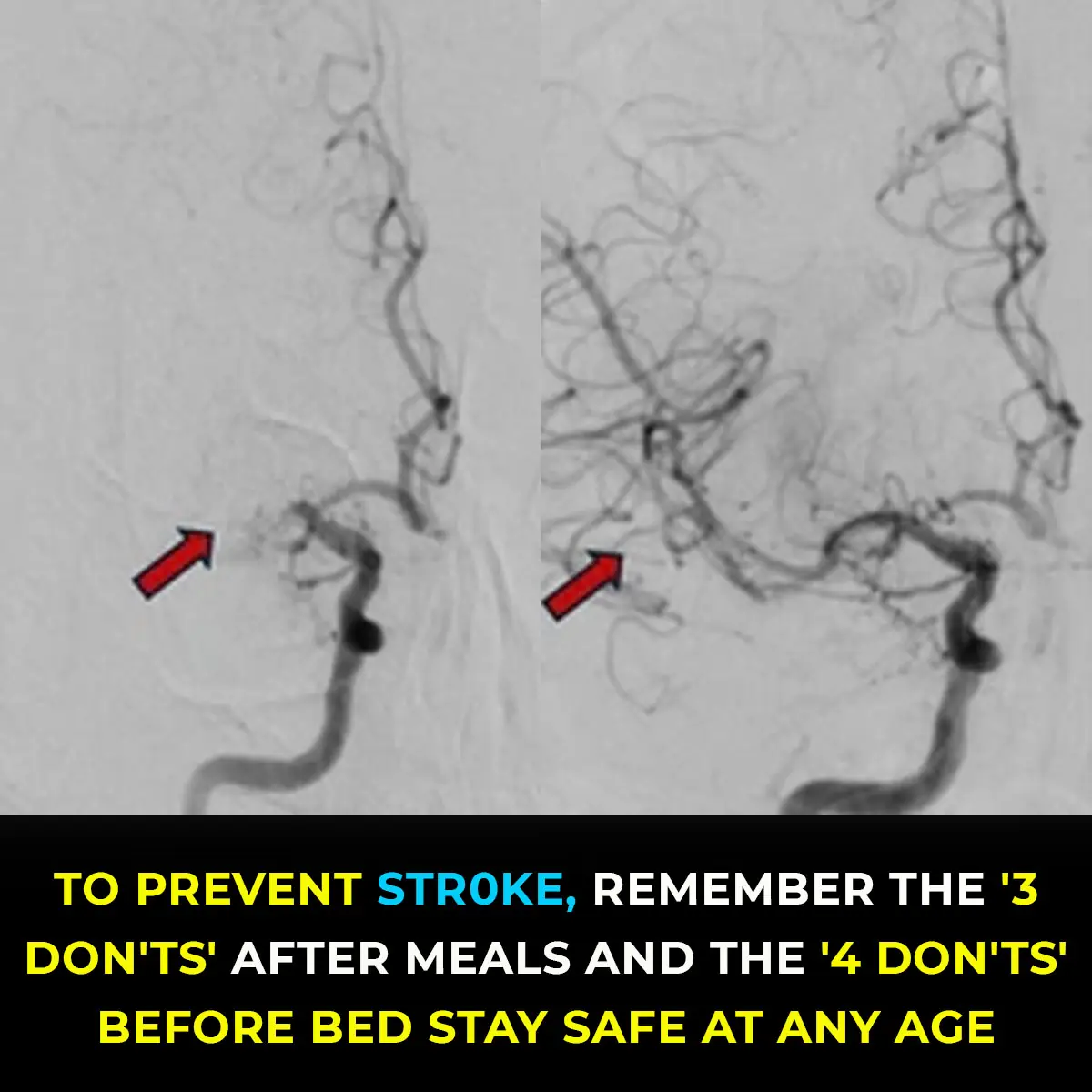
Preventing Stroke At Any Age: 3 “Don’ts” After Meals—And 4 “Don’ts” Before Bed

Revolutionary HIV Treatment: Lenacapavir Achieves 100% Clinical Efficacy
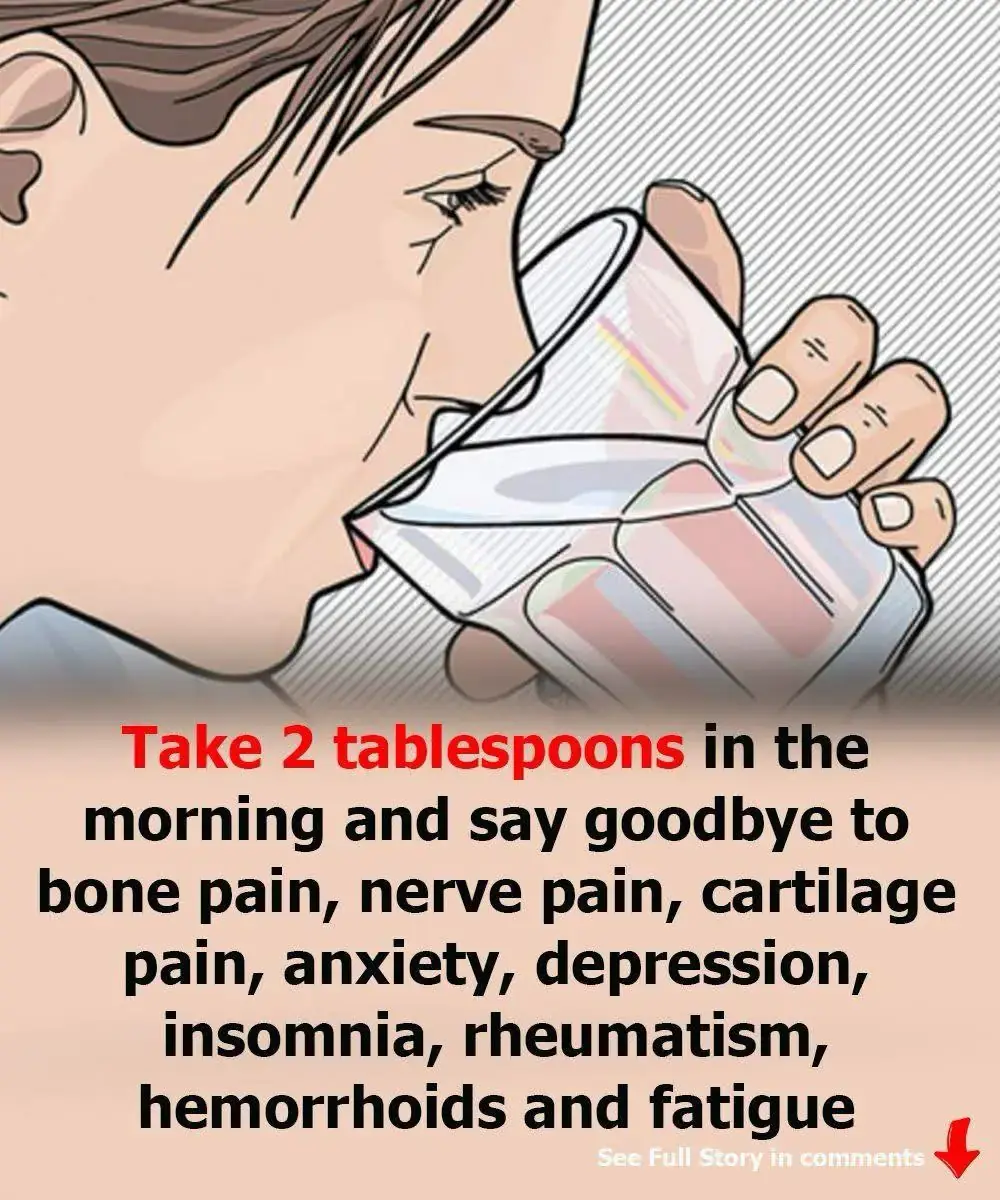
Say Goodbye to Joint and Foot Pain with a Relaxing Rosemary Bath
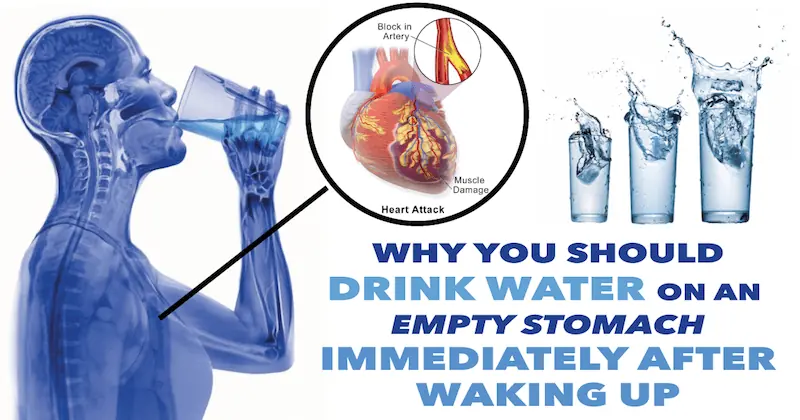
Why You Should Drink Water On An Empty Stomach Immediately After Waking Up
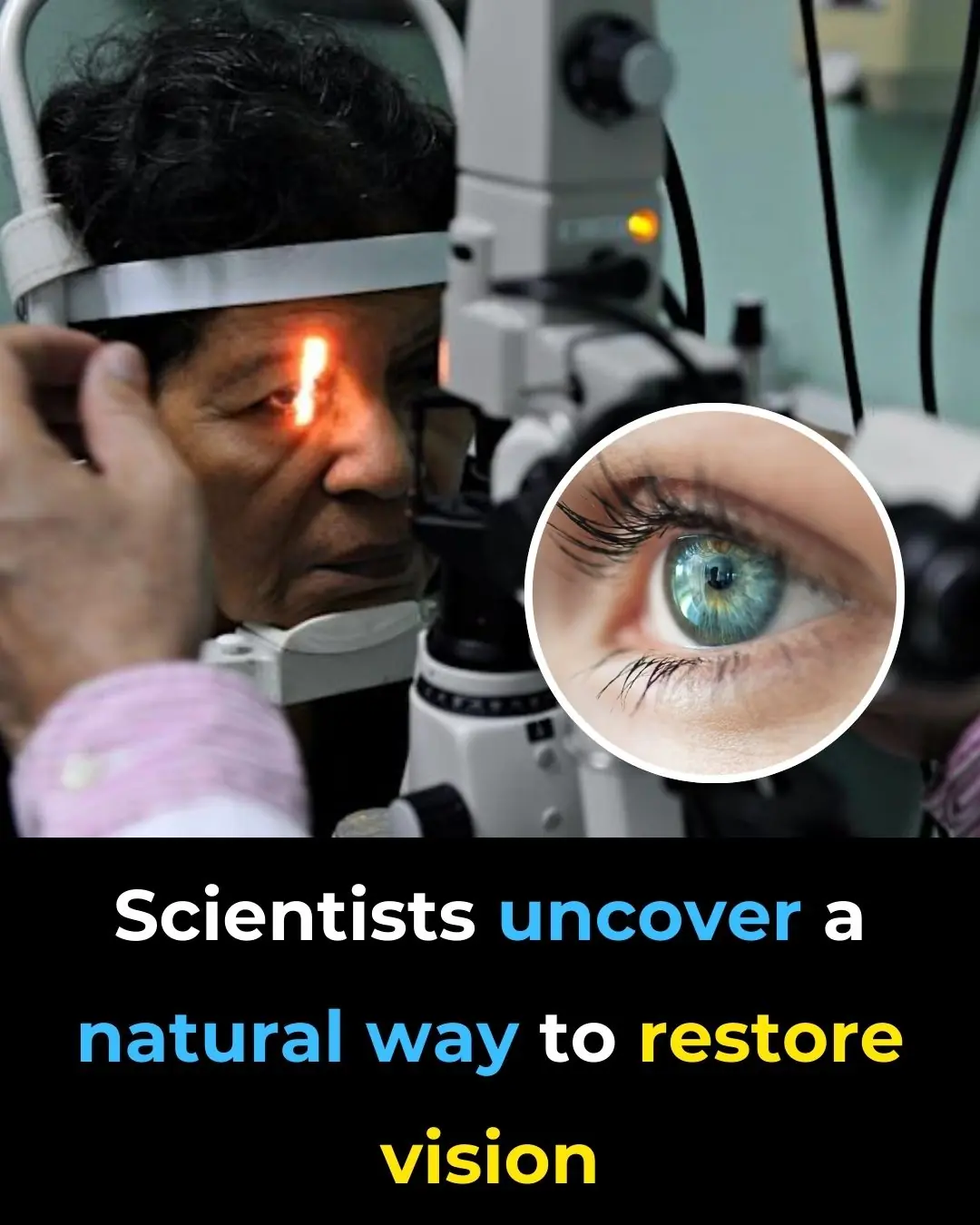
Scientists Uncover A Natural Way to Restore Vision
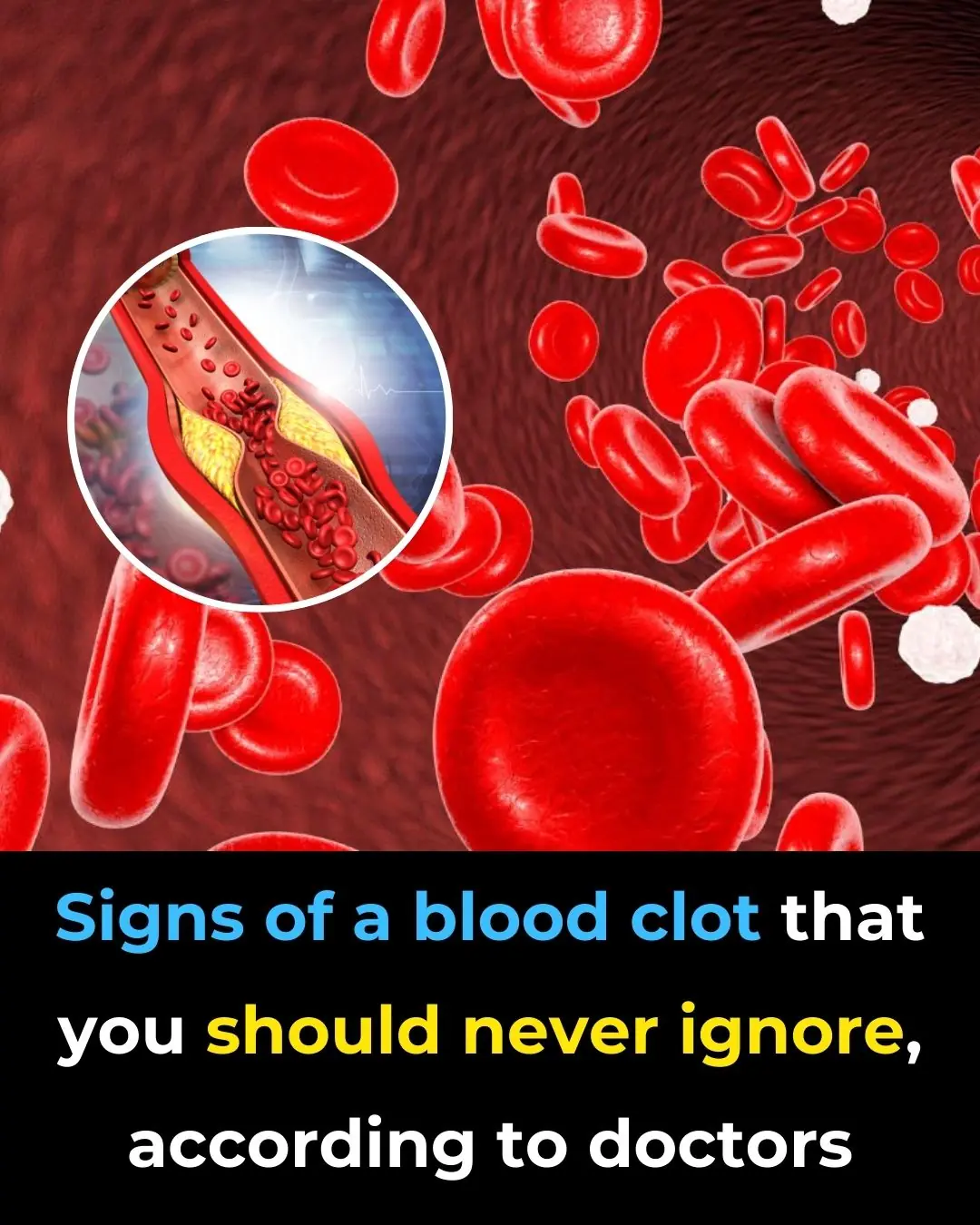
Signs of a Blood Clot That You Should Never Ignore, According to Doctors
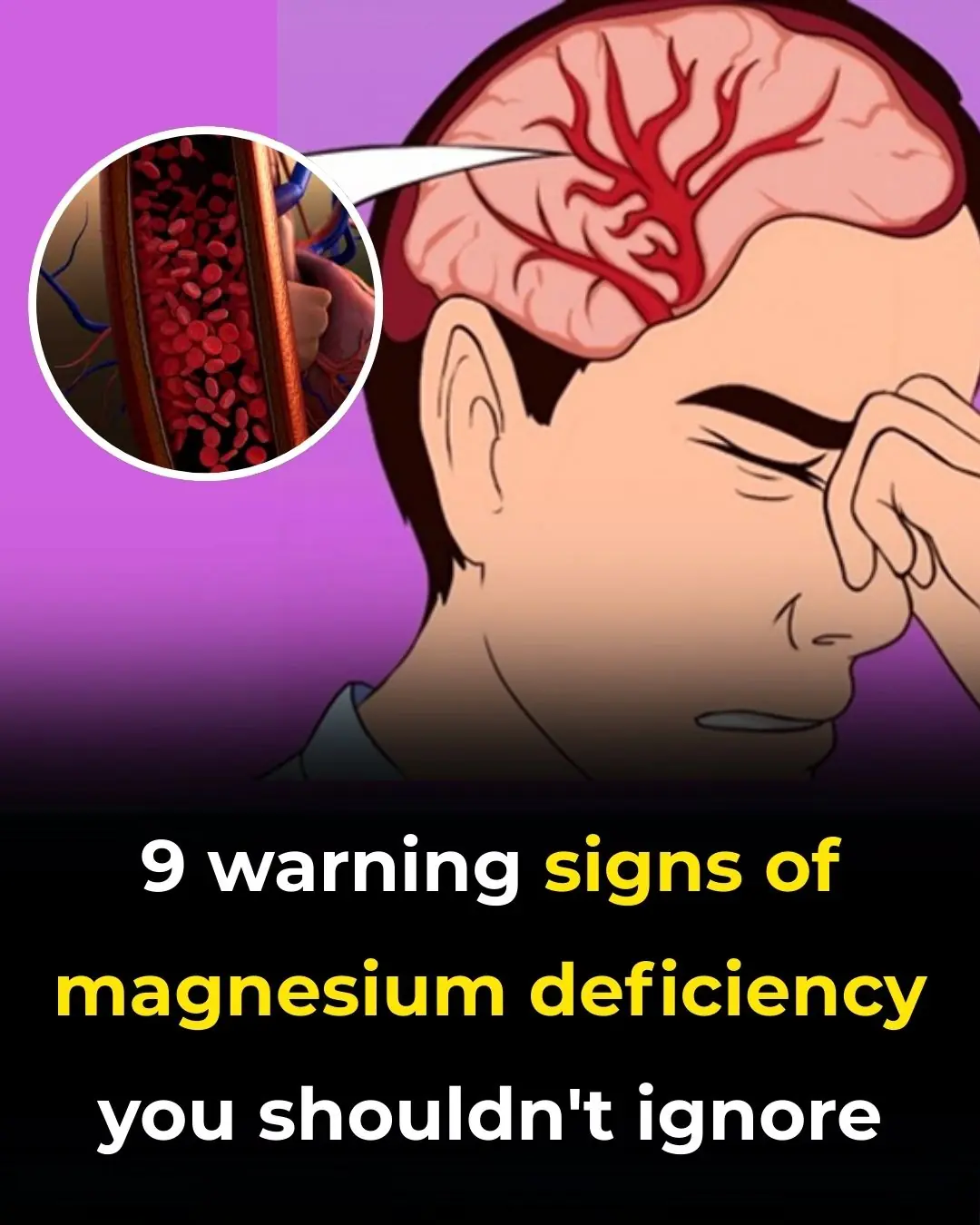
14 Warning Signs of Low Magnesium Levels and What to Do About It (Science Based)
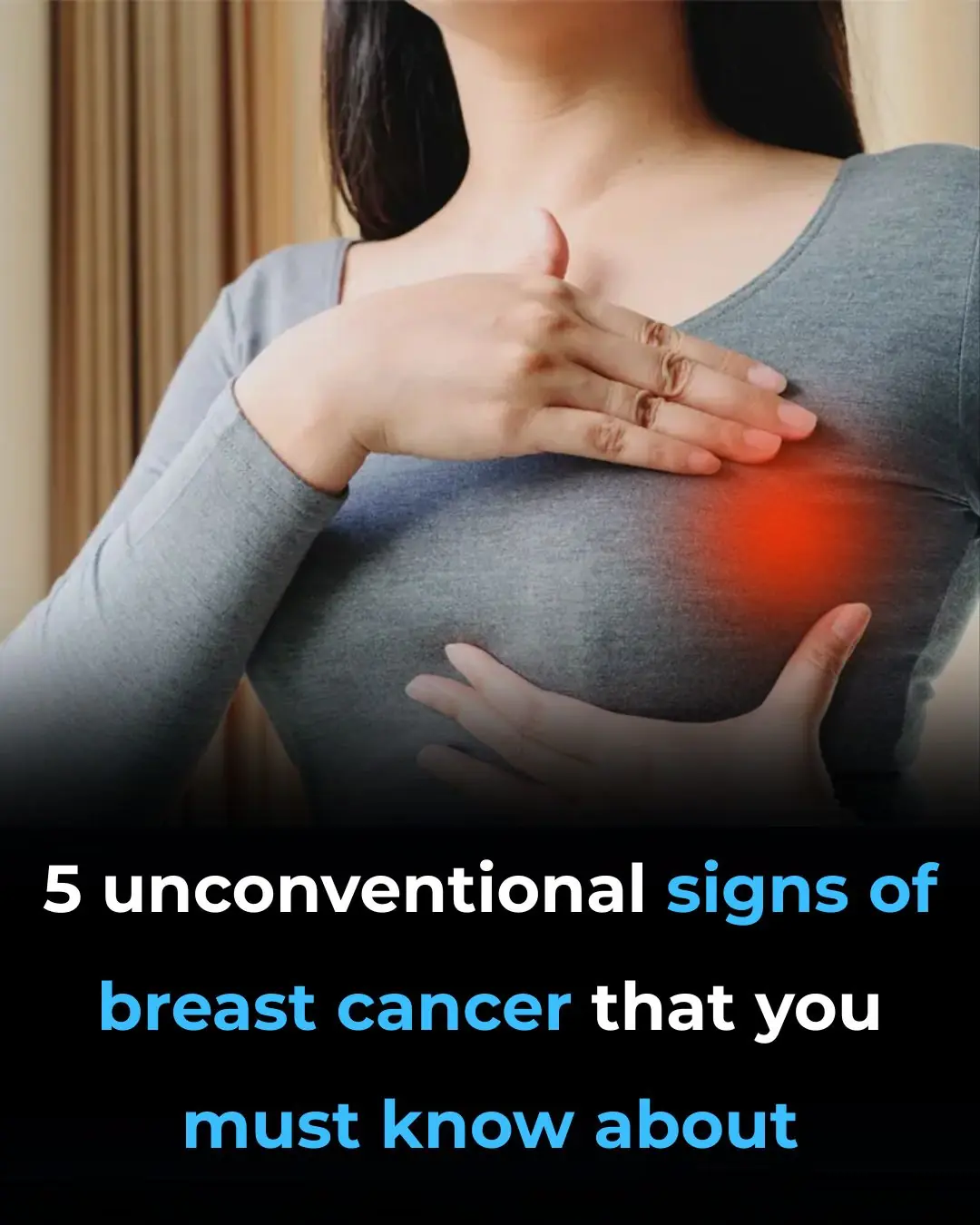
5 Unconventional Signs of Breast Cancer That You Must Know About
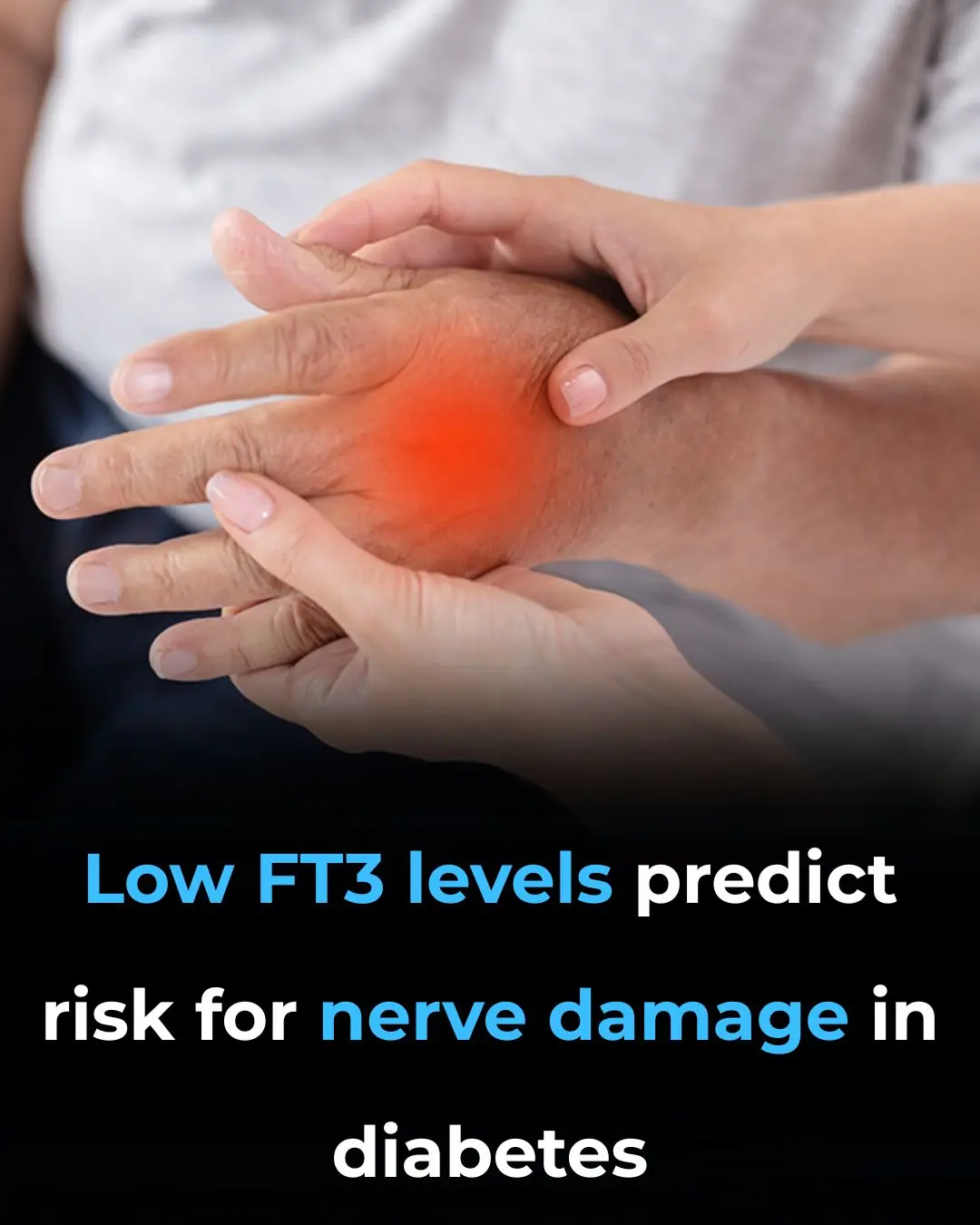
Low FT3 Levels Predict Risk for Nerve Damage in Diabetes
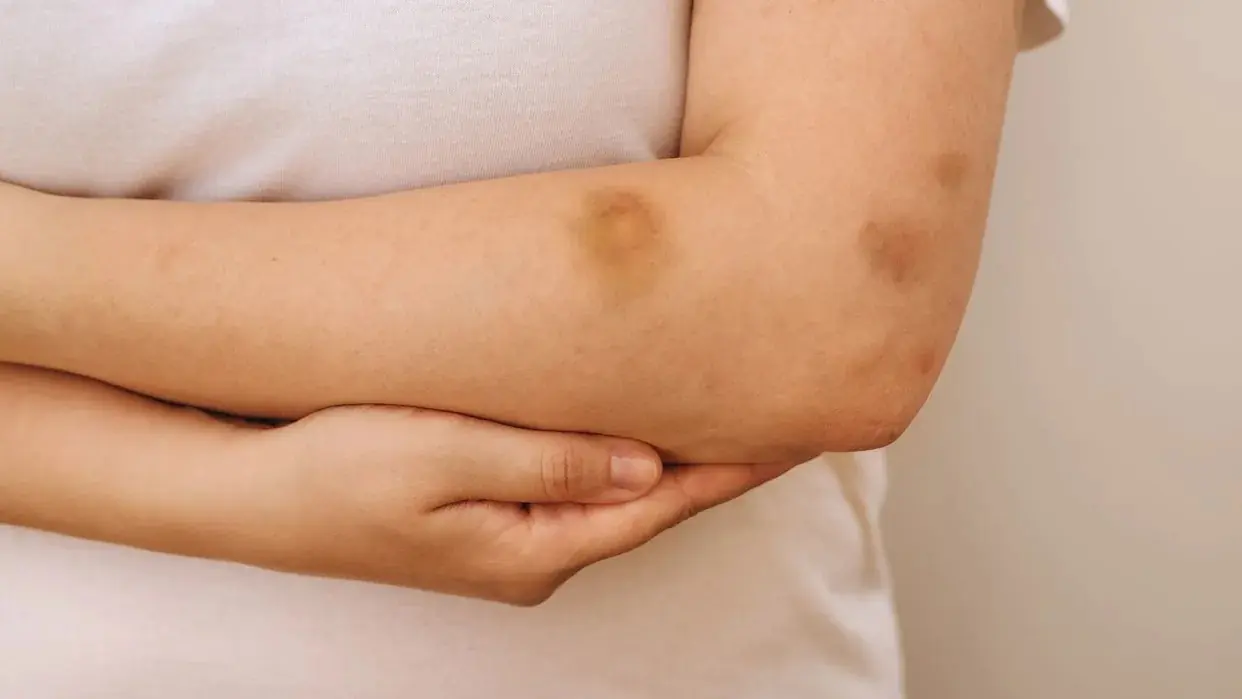
Doctors Urge: Don’t Ignore Unexplained Bruising — These Hidden Reasons Could Be the Cause
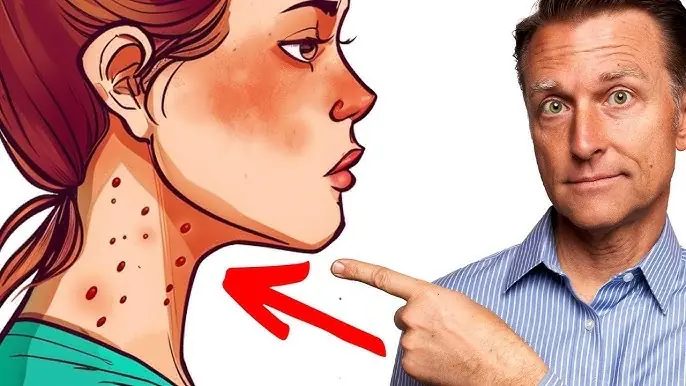
12 Urgent Warning Signs You’re Eating Too Much Sugar
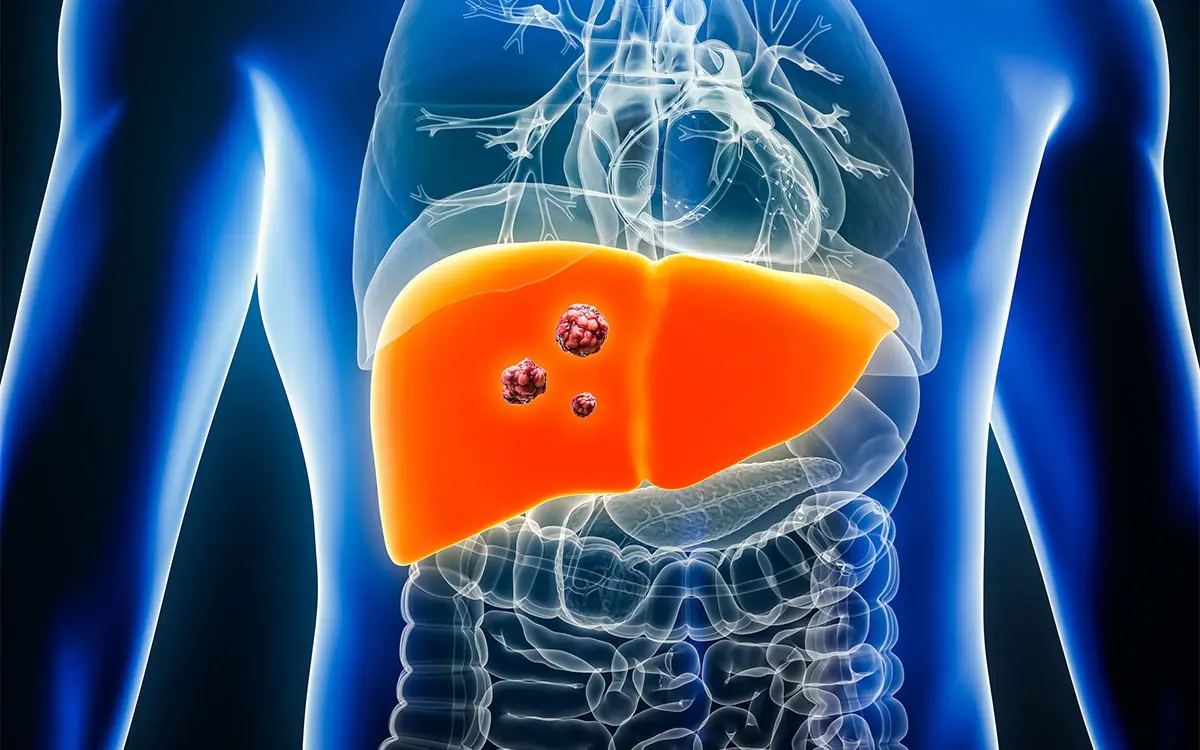
5 Common Habits Silently Destroying Your Liver (Most People Do Them!)

Where Do You Stand on the Sitting-Rising Test?

The Ultimate Guide to Marinating Fish
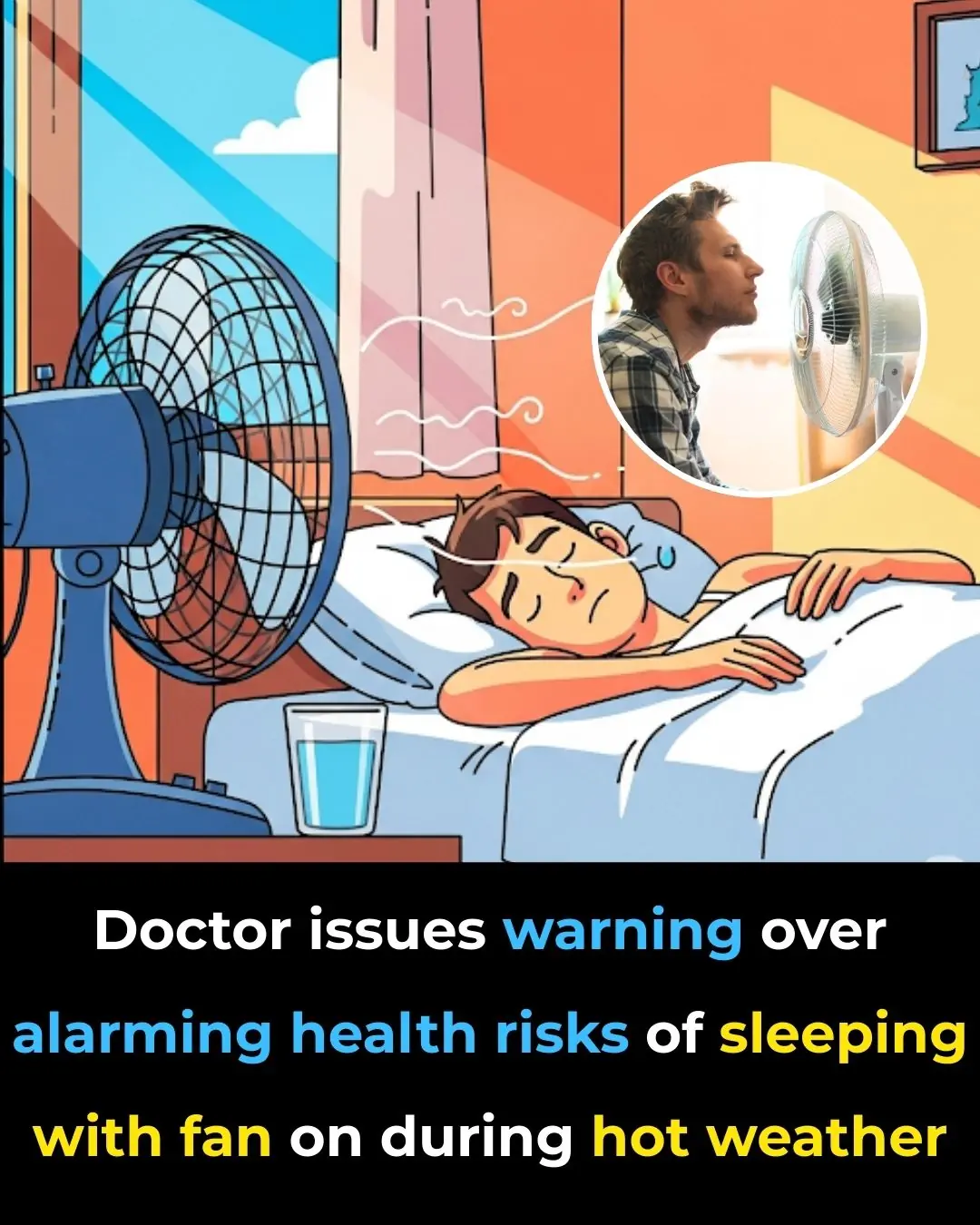
The Pros and Cons of Sleeping with a Fan On
News Post

What Are Eye Floaters? Here What To Do If you Start Seeing Them, According to an Eye Doctor
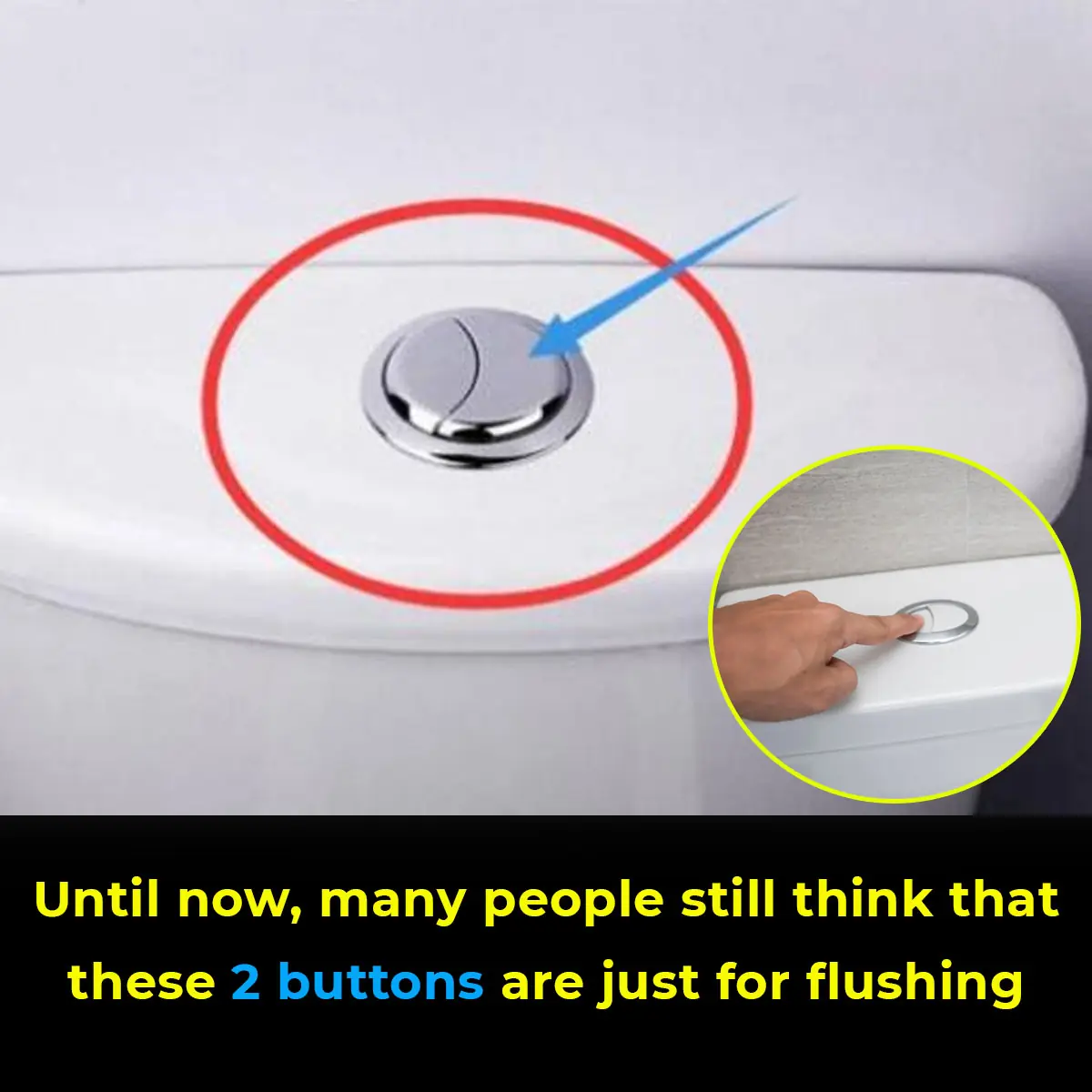
Many People Still Think That These 2 Buttons Are Just For Flushing

11 Reasons Why You Have Red Dots On Your Skin

Common Backyard Plant May Help Fight Tumors, Diabetes, And High Blood Pressure

Over 200 People Are Killed By The “World’s Deadliest Food” Every Year, But Almost 500 Million People Still Eat It

Men Who Neglect This Crucial Practice Face 45% Higher Risk of Prostate Cancer

Preventing Stroke At Any Age: 3 “Don’ts” After Meals—And 4 “Don’ts” Before Bed

Trump fires back with blunt 6-word statement after Epstein photos resurface

Ancient Warning Emerges On Hawaiian Shore Days Before Massive Earthquake

Revolutionary HIV Treatment: Lenacapavir Achieves 100% Clinical Efficacy

Say Goodbye to Joint and Foot Pain with a Relaxing Rosemary Bath

Why You Should Drink Water On An Empty Stomach Immediately After Waking Up

Scientists Uncover A Natural Way to Restore Vision

Signs of a Blood Clot That You Should Never Ignore, According to Doctors

14 Warning Signs of Low Magnesium Levels and What to Do About It (Science Based)

5 Unconventional Signs of Breast Cancer That You Must Know About

Low FT3 Levels Predict Risk for Nerve Damage in Diabetes

Doctors Urge: Don’t Ignore Unexplained Bruising — These Hidden Reasons Could Be the Cause

12 Urgent Warning Signs You’re Eating Too Much Sugar
